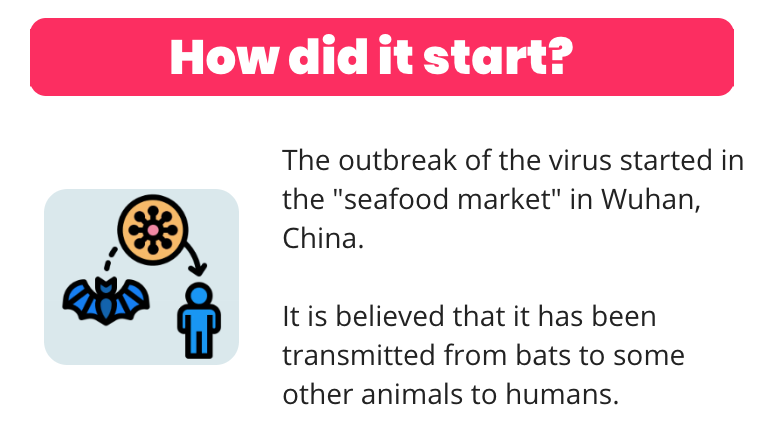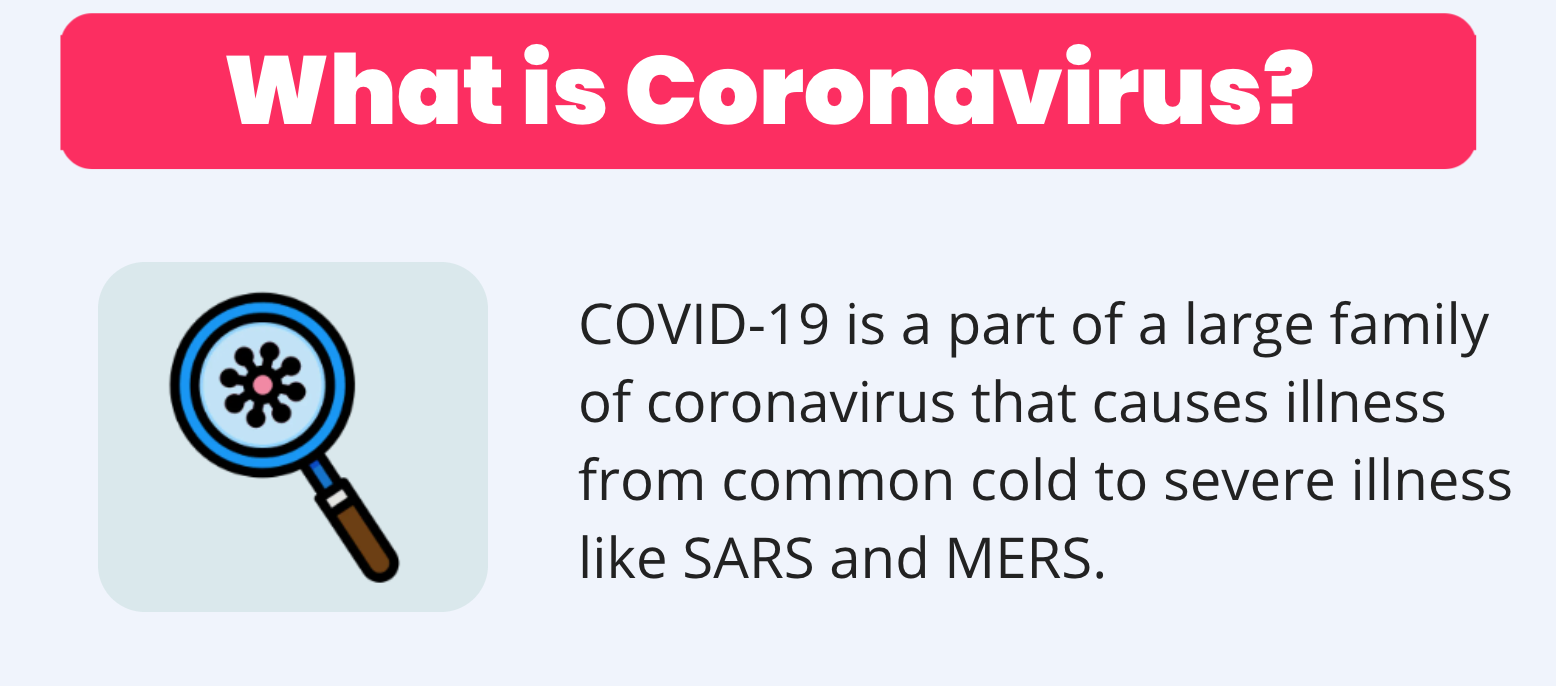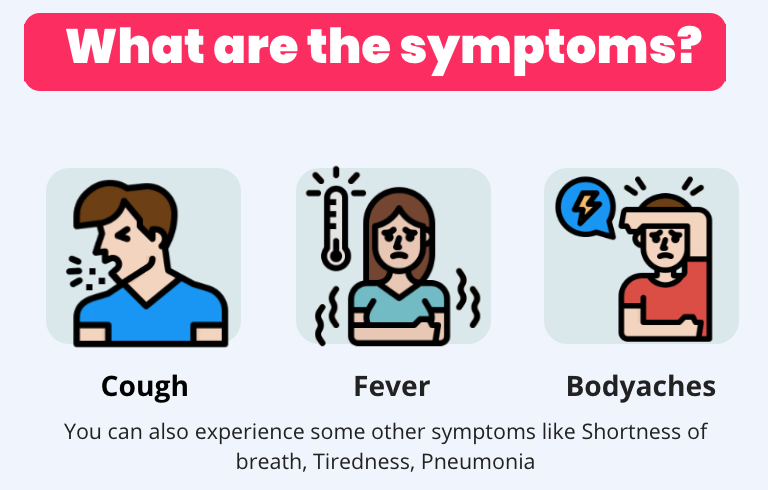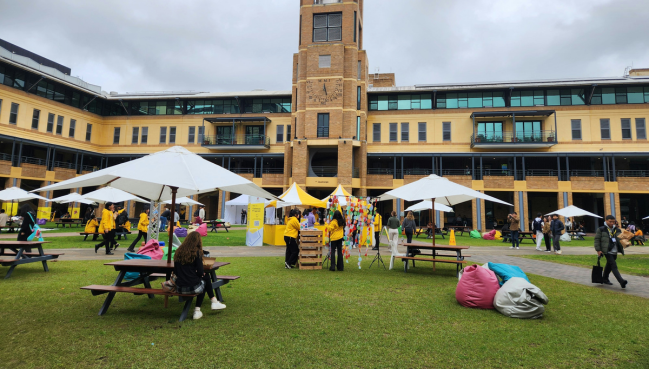COVID-19 (Coronavirus) impact on international students and international education in Australia

As you are probably aware, COVID-19 (also known as Coronavirus), is affecting the life of millions of people around the globe. It is no exception that Australia is also affected by this virus and so are the lives of international students who are studying or planning to study in Australia.
In this article, we are analysing the impact of COVID-19 (Coronavirus) on international students and international education in Australia.
What’s the latest update in Australia?
As we know that this is a rapidly changing situation, we will try to keep you updated with the current situation in this section:
-
- WHO has declared COVID-19 a Pandemic
- Australians are advised to not travel overseas at this time
- Large indoor gathering of more than 100 people are banned in Australia
- Australian government enforces self-isolation for all overseas arrivals for 14 days (including international students)
- International students working in supermarkets are allowed to work extra hours to help stock up the shelves
- Work restrictions have also been lifted on international student nurses in Australia, to allow them to help cope with the expected rush of virus-stricken patients
- Travel ban on all foreigner’s starting Friday 20 March 2020 9 PM
- Strict social distancing rules are in now in place in each state and territory
- Public Gatherings restricted to two people
Our Government is supporting international students impacted by coronavirus and doing all we can to reduce the impact on your education pic.twitter.com/8HG78nXGK2
— Dan Tehan (@DanTehanWannon) February 11, 2020
What is COVID-19?
COVID-19 is part of a large family of coronavirus that causes illness from common cold to severe illnesses like SARS and MERS.
If you can recall 2003 SARS virus then you already have an idea of the Coronavirus as it belongs to the same family.
This new Coronavirus is spreading fast and has infected more than 135,000 people so far and nearly 5,000 people have lost their lives. WHO has now officially declared COVID-19 as a pandemic.
COVID-19 has not been identified in the humans in the past and there is no vaccination available to cure it yet.
 Where did it start?
Where did it start?
The virus is believed to have started in the seafood “wet market” in Wuhan city (Province Hubei) of China in December 2019.
It is also believed to have been transmitted from bats to some other animals to humans in the market. The exact cause of this virus has not been identified as yet.

What are the symptoms?
Usually the symptoms develop within 14 days of exposure to the virus. When you are infected with Coronavirus, you usually show flu-like symptoms like:
- Fever
- Dry cough
- Sore throat
- Shortness of breath
- Body aches
- Tiredness
- Pneumonia
 How to avoid Coronavirus?
How to avoid Coronavirus?
The best way to avoid this virus is by maintaining high hygiene standards. Here are some suggestions for keeping yourself safe from this virus:
- Wash your hands frequently and thoroughly for at least 20 seconds (or enough for singing a happy birthday song twice while washing hand)
- Use tissue when coughing or sneezing. If you don’t have tissue around then use a flexed elbow
- Avoid touching your face, eyes, and nose
- Avoid getting in close contact with the person who is showing flu-like symptoms
- Clean and disinfect the objects and the surfaces
- Wear masks only if you are sick or are caring for someone with respiratory symptoms
- If you are feeling unwell, then stay home
Why is everyone so scared of this virus?
Some people do have this question in mind, why are so many countries and people nervous of this virus as it has lower mortality rate than some other viruses?
The main reason is that this virus is easily transmissible from one person to the other through respiratory droplets from coughing and sneezing. Also, there is a possibility of air-borne transmission of this virus.
The other reason is that there is no vaccination available to cure this virus at the moment and there is an unknown fear factor about this virus about how severe it can get before it gets controlled.
Which countries are banned in Australia for travel?
So far, the Australian Government has banned the travellers from the following countries into Australia:
- China
- Iran
- South Korea
- Italy
But it is a rapidly changing situation so you may find more countries or continents listed here in the future.
If you are an Australian citizen or permanent resident then you can still come to Australia from these countries but anyone arriving after 15th March 2020 in Australia will need to quarantine themselves (self-isolation) for 14 days regardless of the country they are coming from or citizenship status.
https://www.youtube.com/watch?v=QlbimRDzMZg
What is Self-isolation?
Self-isolation is about staying away from a situations that can infect others. So basically to self-isolate, you will need to:
- Stay home and avoid going out
- if sharing house, separate yourself from others
- Wear masks when other people are around
- Avoid having visitors to your house
- Use delivery services for food and other essential items
How does the coronavirus affect international students and education in Australia?
Obviously, Coronavirus is having a huge impact on many industries, including international education, in Australia.
If you are a student from the countries listed above, then you will need to wait in your home country until the travel ban is lifted. Even if your country is not listed among those that are currently banned by Australia and you are planning to come to Australia, we suggest keeping an eye on Australia’s Department of Health website.
There are other implications that include travelling to other countries from Australia. If you are planning to go overseas for your travel then you might have issues coming back to the country or you might have to quarantine yourself for 14 days or so. Australian Government’s official advice is to reconsider any non-essential travel overseas.
Not only Australia, but many other countries are introducing the entry or movement restrictions to reduce the spread of this virus. So even if Australia has not banned travel from your country. it is possible that your own country might restrict your travel movements. Since many countries are putting these restrictions, your airline might also cancel or alter your travel booking.
As a consequence of the virus, some universities or other educational institutions might reduce the number of courses offered to the students due to low enrolments. Also, there is a possibility that your classes or lectures might be cancelled or postponed or you might even need to study online for a while.
However, there is some positive news from the Department of Home Affairs for the international students working in the Australian supermarkets.
We’re helping Aussie supermarkets to keep essential items like toilet paper, tissues, rice and pasta on their shelves during the COVID-19 crisis. International students will now temporarily be able to work more hours. More details 👇 pic.twitter.com/PCLejRWOP6
— Alan Tudge (@AlanTudgeMP) March 13, 2020
International students working in the Australian supermarkets can work extra hours to help keep shelves stocked. If required, these measures can be expanded to other business sectors as well.
The restriction on international students working as nurses in Australia has also been lifted temporarily until further notice.
Where to get the help?
Health
If you are feeling unwell, please call your local GP before going there in person. If you don’t know your local GP practices, then you can google them.
Based on your explanation, your GP will advise the next steps or you can go to the emergency department of your local hospital as well.
As an international student, you will need to have OSHC insurance so we also suggest you to check the requirements with your OSHC provider. When contacting your provider, ask them about any costs related to the testing and if you need to be hospitalised due to Coronavirus.
We suggest you to keep an eye on Australia’s Department of Health website for the up-to-date information about COVID-19.
Study
In regards to your studies, please speak to the support office from your educational institute. They usually update students with any changes being made but we suggest you contact them if you face any issues with your health or studies.
You can check what your university is doing in response to COVID-19 here
Travel
In regards to your travel, it is important for you to keep an eye on the Department of Home Affairs’ website. Here is some more information for student visa holders from Department of Home Affairs
You can also check the Department of Foreign Affairs and Trades website for any updates to travel to other countries.
We also recommend you to get in touch with your airline as well if your travel plans are changing or impacted due to COVID-19
Other
International students can also reach out for help at
- Email: [email protected]
- Call: +61 1300 981 621
https://youtu.be/4TOyLcureS4
More Resources
- World Health Organisation – Keep yourself informed about the global pandemic at this time by following the updates from WHO
- Department of Health – Australia’s official health website for health advice including any cleaning and hygenie protocols.
- Department of Home Affairs – Immigration department website for any changes related to visas, travel and work restrictions etc.
- Study in Australia – Official website for studying in Australia providing dedicated support services for overseas students.
- Department of Education – Australia’s education website for education, skills and employment.
- Smartraveller – Official travel advice issued by Australian Government for Australians but very useful website to keep an eye on the conditions for travelling overseas.
- ABC News – Australia’s official national public broadcaster for news and stories around Australia.
Last updated: 1st April 2020

 Where did it start?
Where did it start? How to avoid Coronavirus?
How to avoid Coronavirus?

